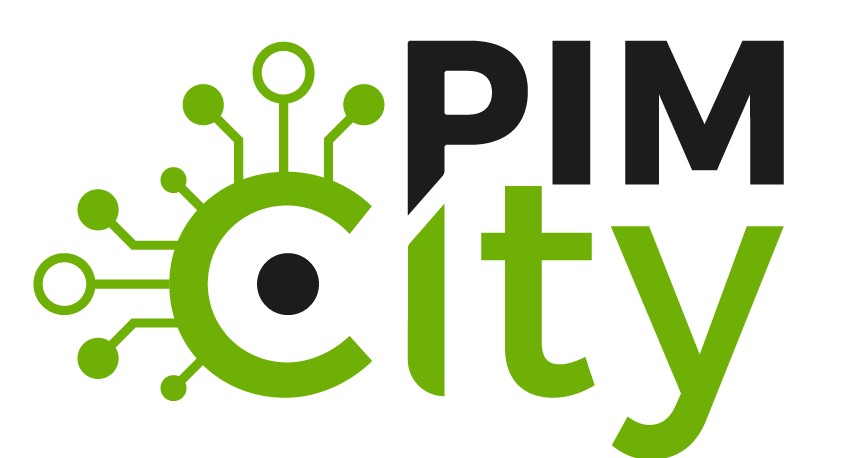PIMCity Software for Personal Data Platforms
November 4, 2021The H2020 European Project PIMCity, coordinated by Politecnico di Torino, investigates new solutions to foster the development of open and user-centric data markets. We all are used to the Web ecosystem, which is based on a market where companies collect and sell personal information, but users have little knowledge of how this happens, with little guarantees of transparency and privacy.
We are thrilled to announce our first tangible result: the PIMCity Development Kit (PDK) to commoditize the complexity of creating Personal Information Management Systems – or PIMS in short. The PDK lowers the barriers for companies and SMEs to enter the web data market. Our PDK reflects three design principles:
User-centric model. PIMCity advocates a paradigm shift in the management and processing of personal data. We believe in the need to move from a model focused on companies that collect data with little transparency and very little control to a transparent system focused on the person. The definition of a new human-centric data economy provides higher-quality data for businesses and at the same time respects the privacy of end-users.
Interoperability. The architecture of the PDK allow users to integrate new data sources and connect them to new services. This is a fundamental property to generate confidence in any PIMS. Interoperability is the main advantage we offered with the PDK. This is at the same time the greatest challenge because it requires a process of standardization of consent mechanisms, formats and semantics. All PDK components offer Web APIs that we document using the Open APIs specifications to allow seamless integration. This enables communications and interactions among them, easing integration with existing PIMS, as well as the design and development of new ones.
Open-Source Software. All the software is released as Open Source and available online on the GitLab PIM-City Project. We encourage its use and invite the community to test and contribute to the project via the GitLab functionalities for collaboration, as a forum for issue tracking, discussing bugs, requesting new functionalities and offering support to users.
